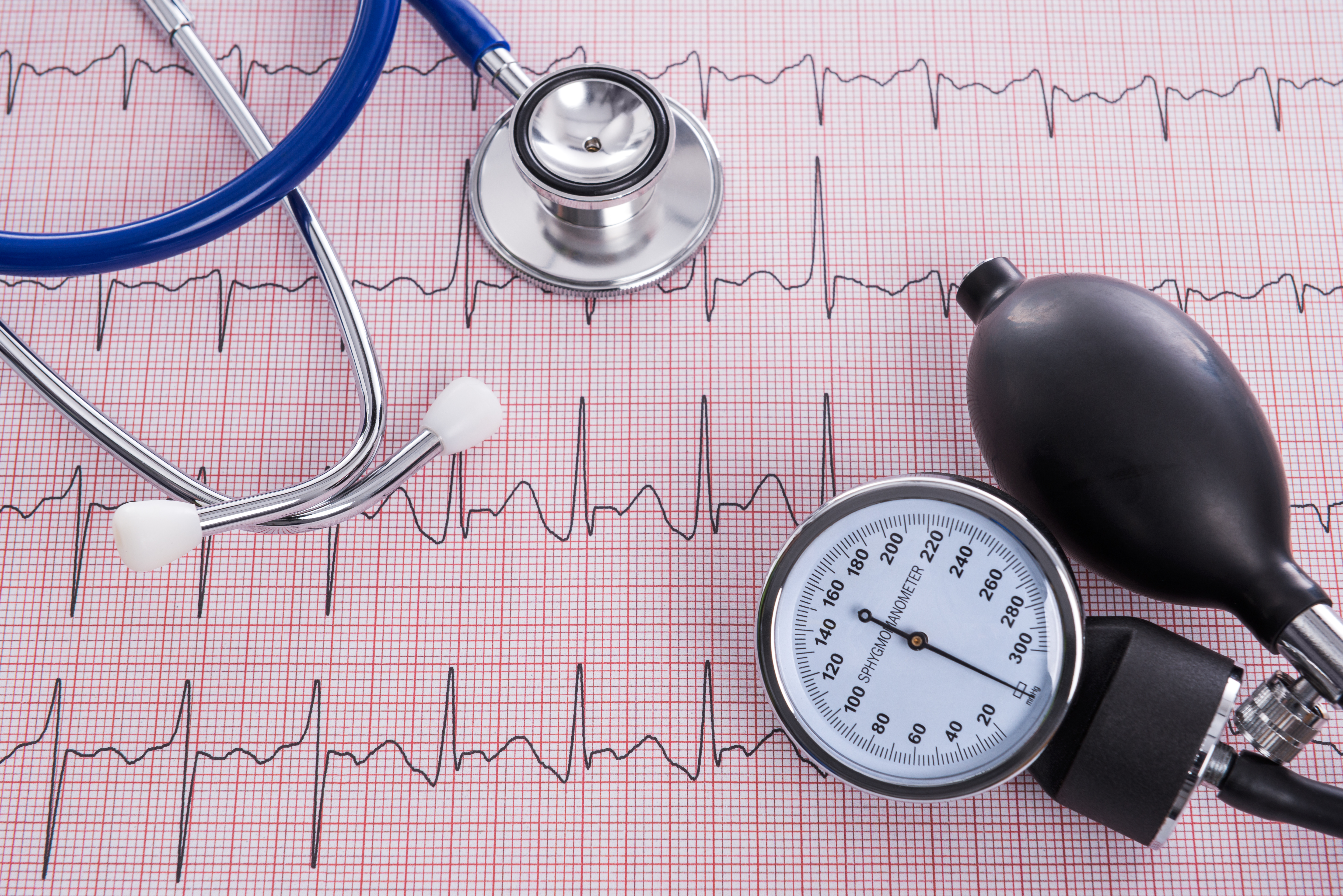Blood pressure is an important measure of your overall health. According to the Centers for Disease Control and Prevention, around 75 million–or roughly one in every three–American adults have high blood pressure.
High blood pressure is a very common health issue and should not be underestimated. Fortunately, there are many ways to assist in controlling the condition. The very first thing you need to do is understand how your habits affect your blood pressure numbers and the significance of those numbers.
Blood pressure is a measure of the force of blood against the artery walls as it circulates through the body. It can rise and fall throughout the day, but prolonged periods of high blood pressure can lead to health problems. There are two numbers in your blood pressure reading, and they are broken down as follows:
- Systolic blood pressure. This is the first number in the reading. It indicates how much pressure the blood is exerting against the artery walls when the heartbeats.
- Diastolic blood pressure. This is the second number in the reading. It indicates how much pressure the blood is exerting against the artery walls when the heart is resting between beats.
What do the blood pressure numbers mean?
According to the American Heart Association, the blood pressure reading categories are as follows:
- Normal. Blood pressure numbers that are less than 120/80 mm Hg are considered to be within the normal range.
- Elevated. Blood pressure numbers that consistently fall between 120 and 129 systolic and less than 80 mm Hg diastolic is considered elevated.
- Hypertension Stage 1. Blood pressure numbers that consistently range from 130 to 139 systolic and 80 to 89 mm Hg diastolic are indicative of hypertension stage 1.
- Hypertension Stage 2. Blood pressure numbers that consistently range from 140/90 mm Hg or higher are indicative of hypertension stage 2.
- Hypertensive Crisis. Blood pressure readings that exceed 180/120 mm Hg constitutes a medical emergency and requires immediate medical attention.
Making sure your blood pressure numbers are normal is an investment for your future. Putting unnecessary strain on your arteries and your heart can ultimately lead to a heart attack or stroke. Heart disease and strokes are the leading causes of death in the United States. About 1,000 people die every day from complications stemming from high blood pressure.
What is hypertension?
Hypertension is the formal medical name for high blood pressure. Early stages of hypertension do not come with noticeable symptoms, so people can have hypertension for years without experiencing any symptoms. Having untreated hypertension for prolonged periods can increase the risk of serious health issues down the road.
The cause for hypertension is not always known, although it can develop as a result of other health conditions including sleep apnea, kidney problems, and thyroid issues. Beyond chronic health conditions, risk factors for hypertension include age, the amount of salt you eat, being overweight or obese, using tobacco, drinking excessively, not exercising, and having too little potassium in your diet.
How can blood pressure numbers be controlled?
People with elevated blood pressure levels are at risk for developing hypertension if steps are not taken to control the condition. If you are asking yourself how to be healthy, you should know there are certain lifestyle habits you can adopt to help keep your blood pressure in check or to lower it if it is high. These habits include:
- Get your blood pressure checked regularly. Blood pressure checks are convenient. You don’t even have to make a doctor’s appointment. Most local pharmacies will perform the test without an appointment.
- Stick to a healthy diet. Eating plenty of fruits and vegetables, while avoiding sodium, can help you reach and maintain good blood pressure numbers.
- Stay hydrated. Making certain that you drink enough water throughout the day helps to ensure all of your bodily functions are operating in an optimal fashion. If you begin an exercise regimen to help control your blood pressure, you should make an effort to stay hydrated.
- Maintain a healthy weight. Being overweight or obese makes it harder for the heart to pump blood effectively throughout the body. Losing weight can help relieve that strain and lower your blood pressure.
- Exercise regularly. Staying physically active strengthens the heart, which helps it to pump blood effectively and decreases the pressure on the arteries.
- Don’t smoke and limit alcohol intake. Smoking is linked to higher risks for nearly every type of cardiovascular disease while drinking alcohol in excess has been linked to increased fatty plaques in the arteries, which inhibits effective blood flow.
- If you have diabetes, manage the condition properly. About one-fourth of people with diabetes also have high blood pressure. Managing diabetes, including eating a nutritionally-balanced diet and exercising, can help alleviate blood pressure issues.
What are the treatment options for high blood pressure?
Besides lifestyle modifications, medications can help to bring blood pressure back to normal levels. There are several classes of medications you should speak with your doctor about if you feel your blood pressure is an issue. These classes of medication include:
- Angiotensin-converting enzyme (ACE) inhibitors
- Angiotensin II receptor blockers (ARBs)
- Diuretics
- Beta-blockers
- Calcium channel blockers
- Alpha-blockers
- Alpha-agonists
- Renin-inhibitors
- Combination medications
To reduce and control your blood pressure numbers, you should plan to consult with a primary care doctor near you in Arkansas, as well as a cardiologist. If you are ready to focus on your long-term well-being and adopt both lifestyle and treatment modifications to control your blood pressure numbers for good, contact the health professionals at ARcare to start discussing your symptoms and to develop a plan of action. The road to wellness starts with one phone call and an initial visit to a family clinic near you.
